Research and resources on social cohesion theory and best practice.
The Belong Network Library
Research and resources on social cohesion theory and best practice.
Research and resources on social cohesion theory and best practice.
Research and resources on social cohesion theory and best practice.
The Belong Library is free to access and brings together a wide range of online resources produced by the public, private and civil society sectors to build the evidence base around social cohesion.
It is regularly updated and includes:
Please contact us if you are unable to find what you need – we’d be delighted to help.
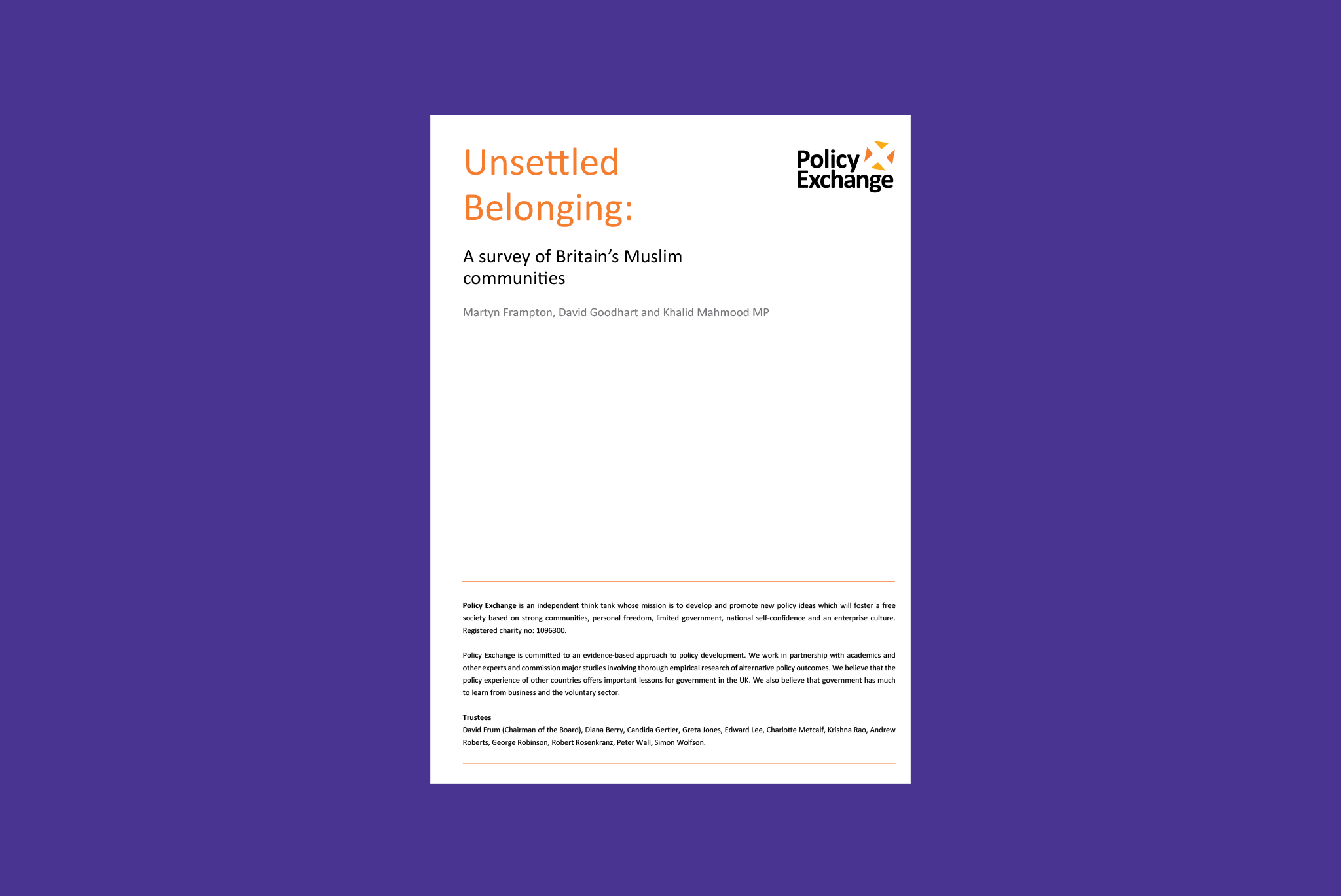
The Policy Exchange and polling company ICM surveyed more than 3,000 British Muslims and held a number of focus groups across the UK to understand attitudes towards a range of issues.
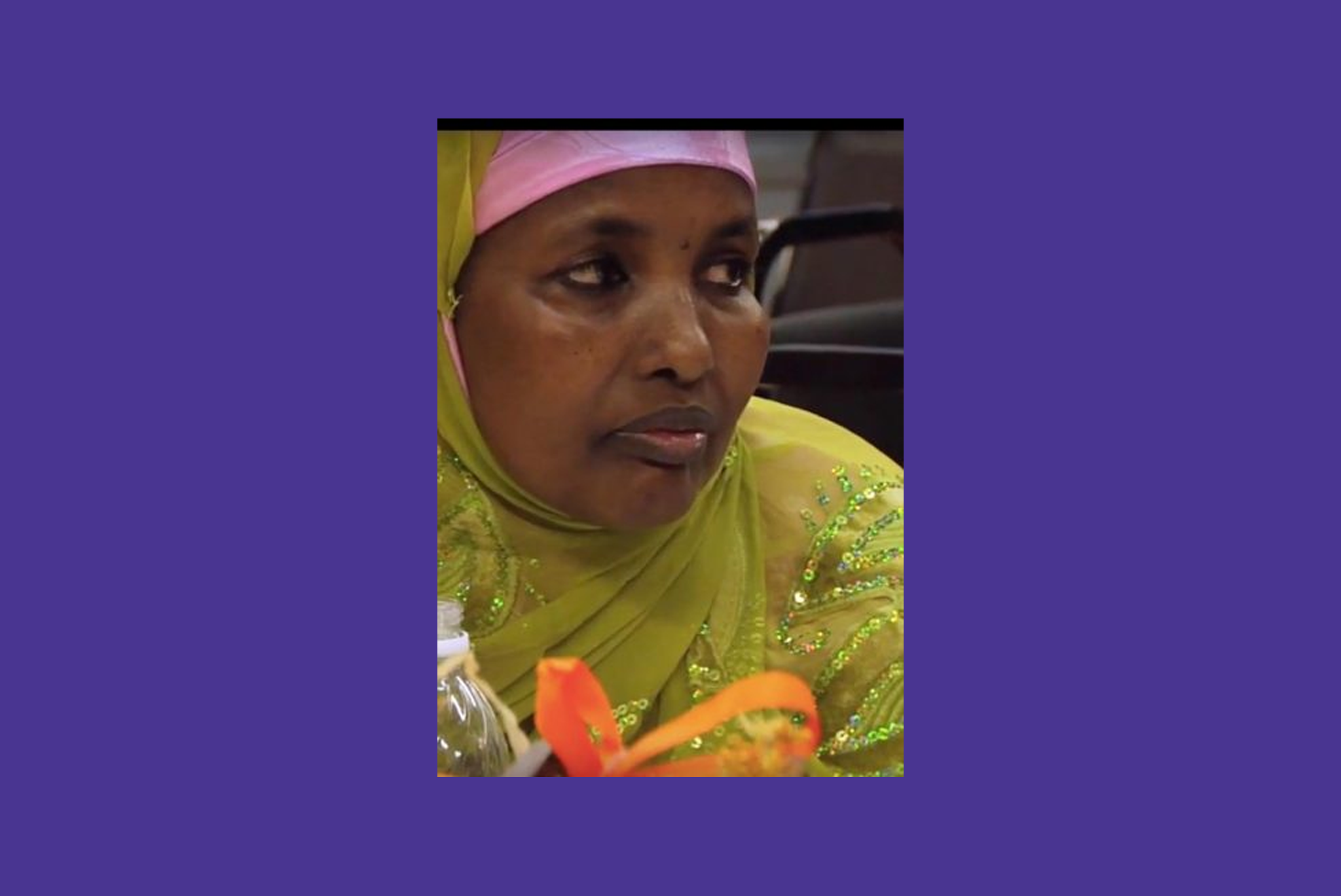
Take a look at an initiative called ‘Welcoming Tennessee’, which set out to address the tensions and divisions that existed between new and long-term residents in a town in Tennessee. The video highlights the importance of understanding the fears and concerns of local residents as a first step and engaging them in developing community-led solutions. The approach encompasses leadership development, policy engagement and communications work.
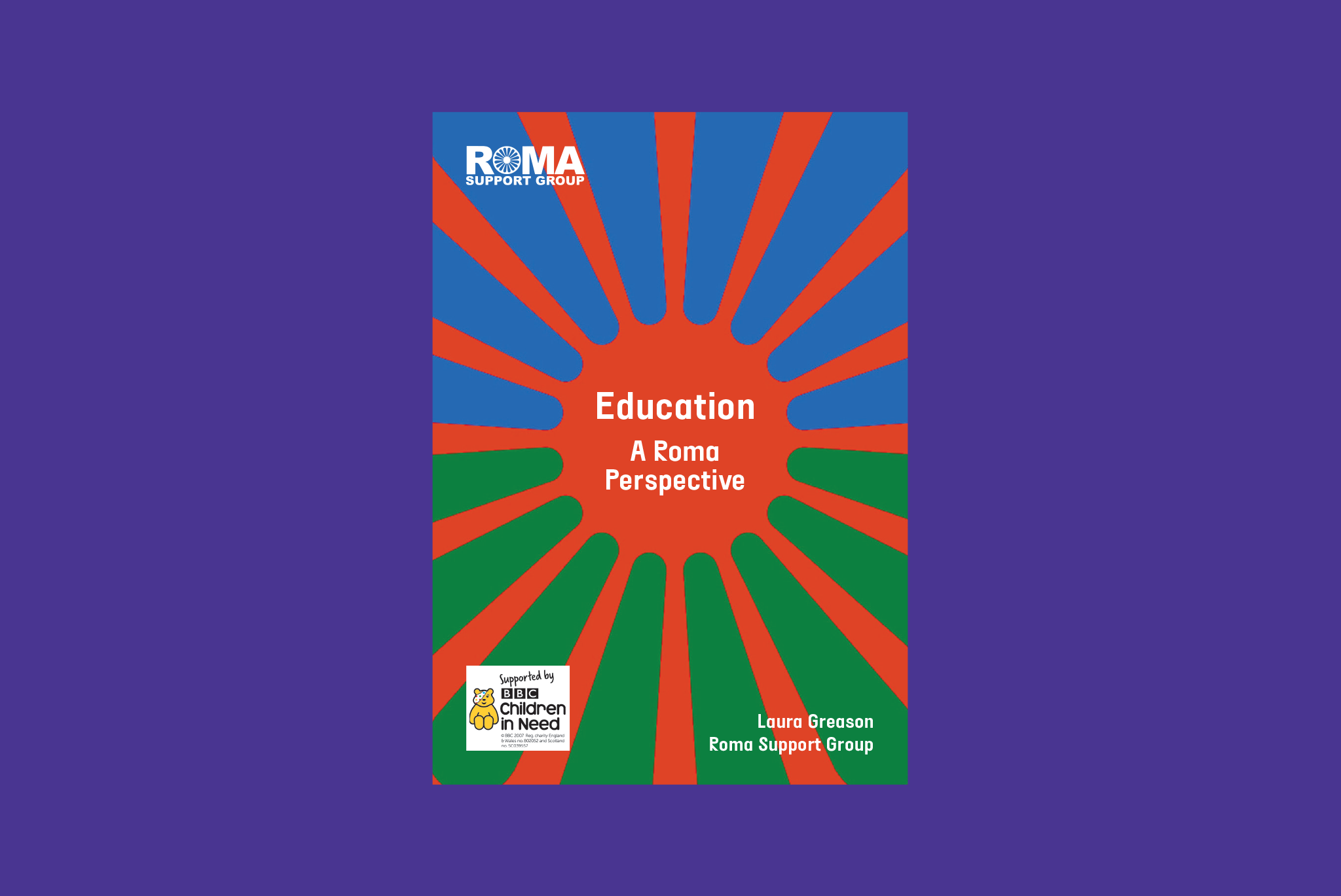
This is a unique resource, offering insights, tips and advice on providing effective support for Roma children and young people in education. It includes first hand accounts from people who have supported Roma children in schools and shares learning about their experiences. Roma children frequently have low educational attainment in British schools and have additional needs.
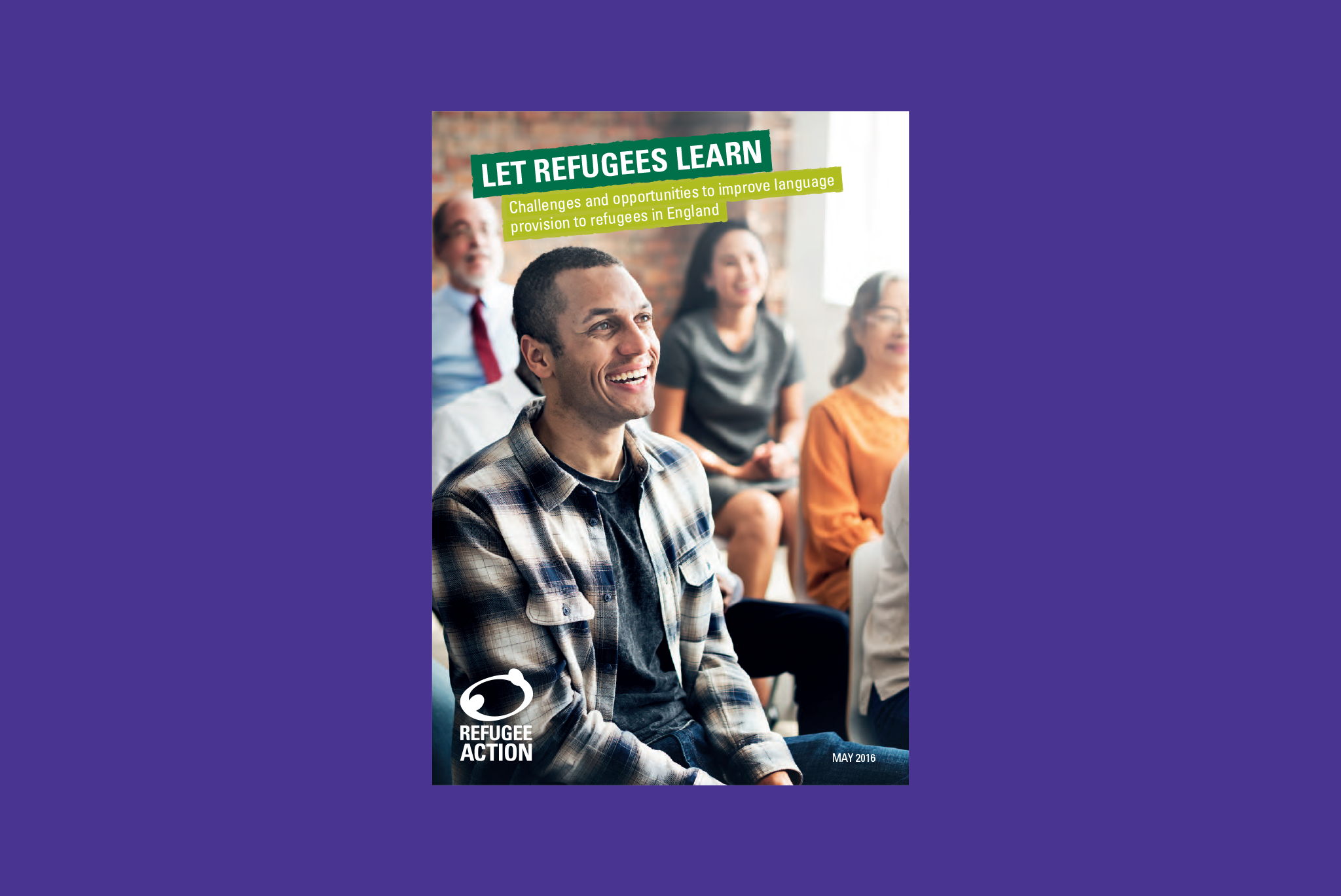
This report sets out the current government policy and practice for English language learning in the UK and makes international comparisons. It presents 10 case studies that illustrate how English language learning links to integration. It looks at funding models and presents five recommendations for policy makers.
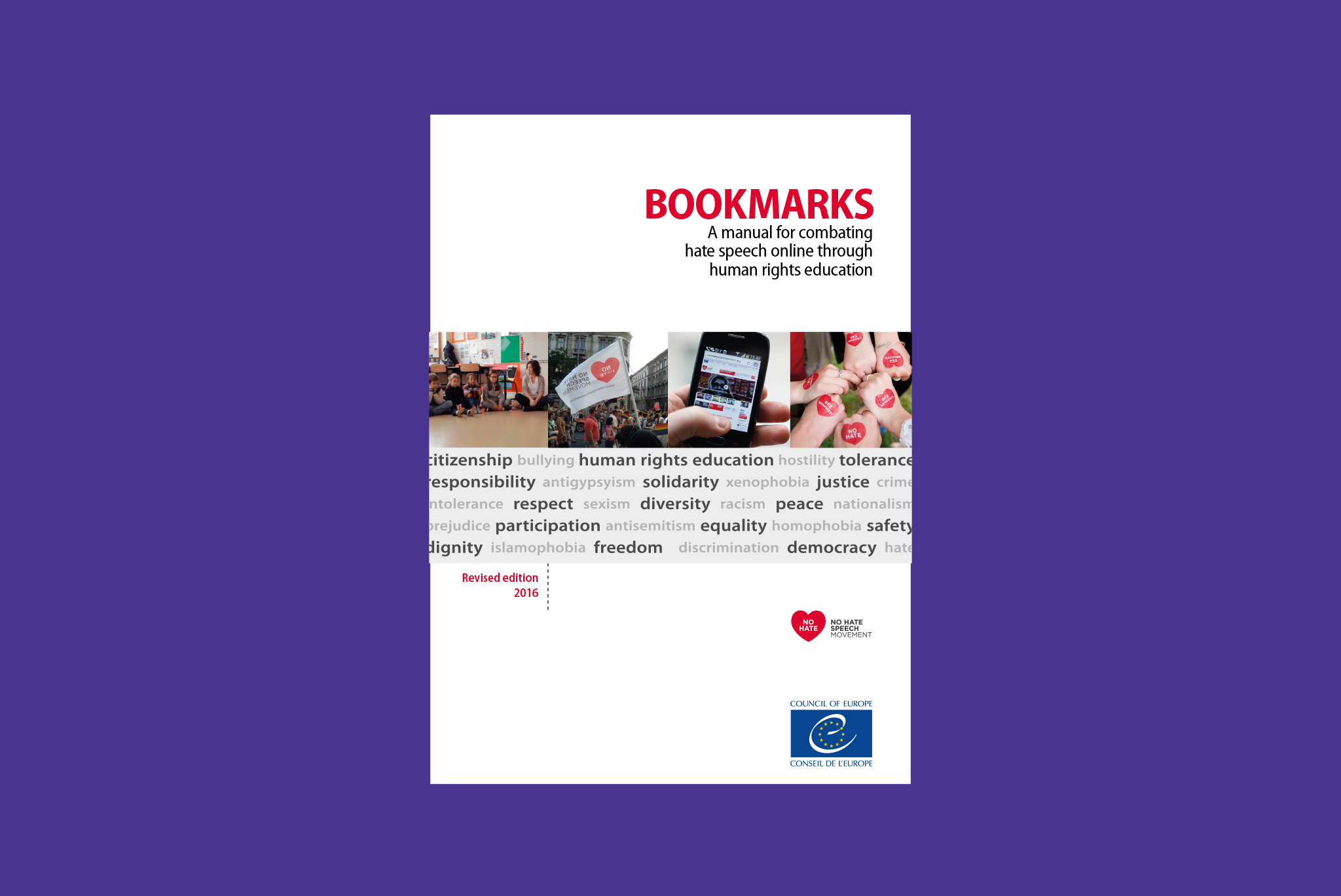
This educational resource is for use in both formal and non-formal education settings to help combat hate speech using human rights education. It is designed for young people aged 13-18, but can be adapted for other age groups.
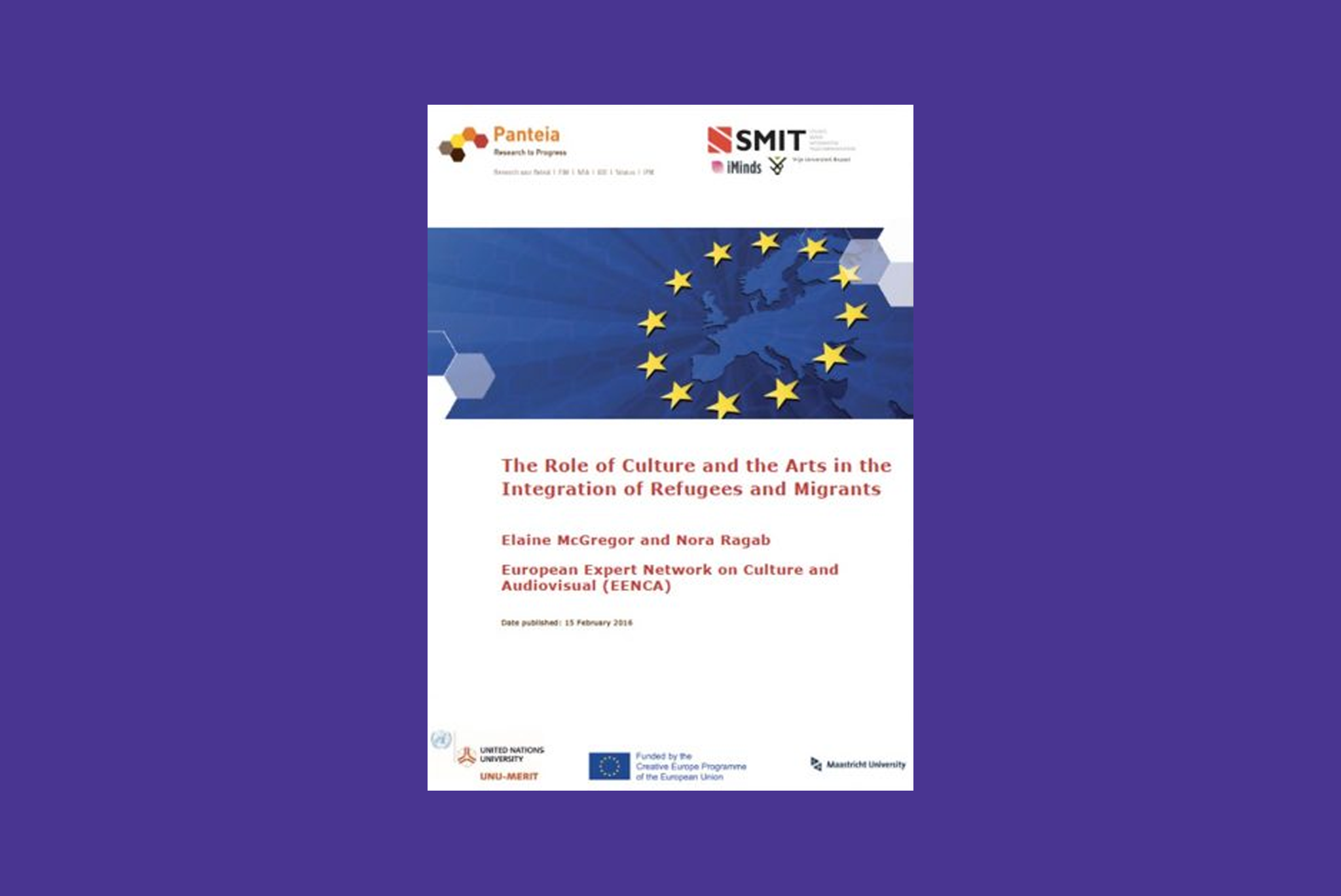
The paper explores how arts and culture can support the integration of migrants and refugees based on examples from across Europe. It provides a map of arts and cultural activities from across Europe.
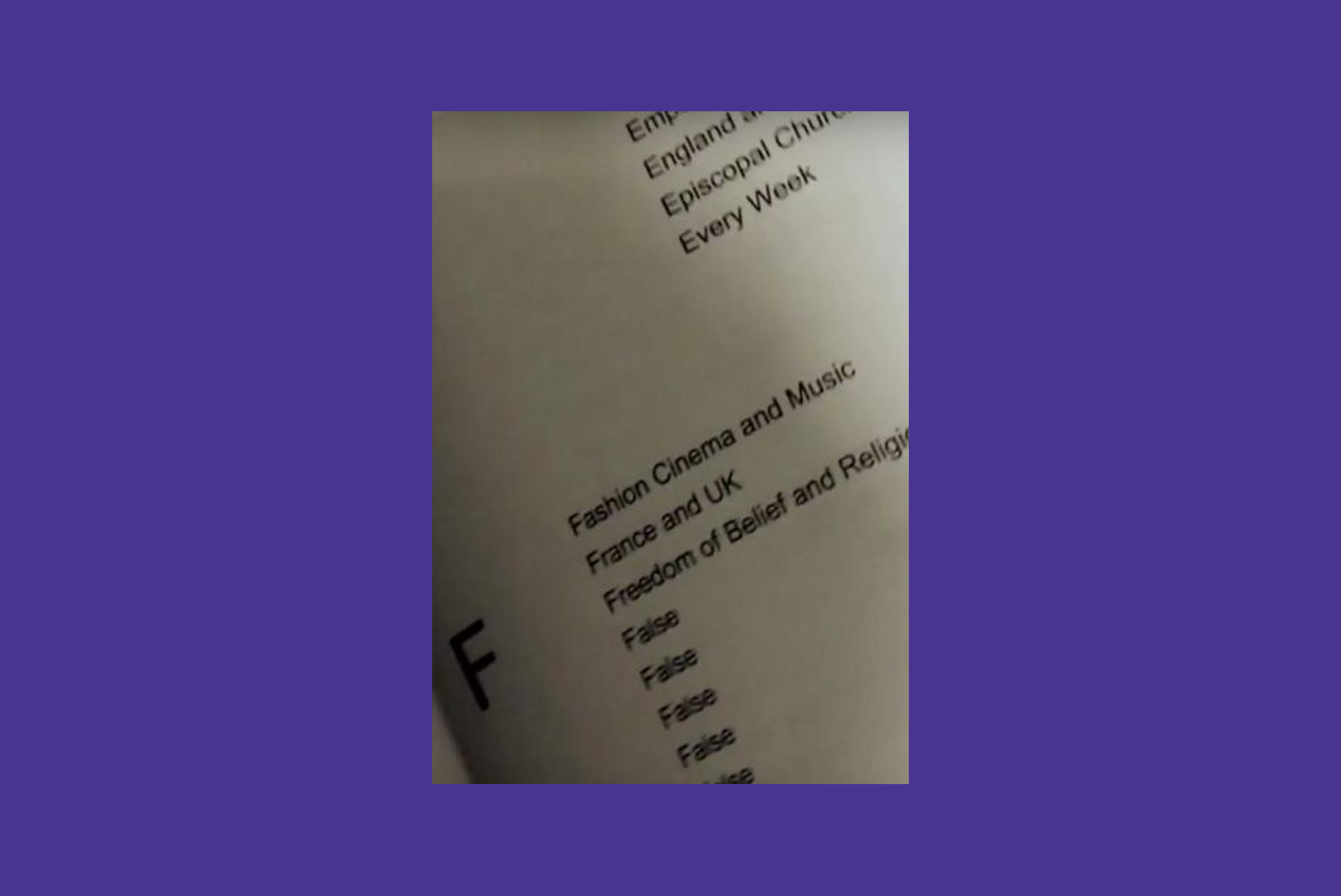
Questioning the answers' shows how Bridget Byrne’s sociological research on British citizenship has been used by artist Laura Malacart in developing her art workshop on ‘The Little Book of Answers’. The artist's work was shown at the Tate.
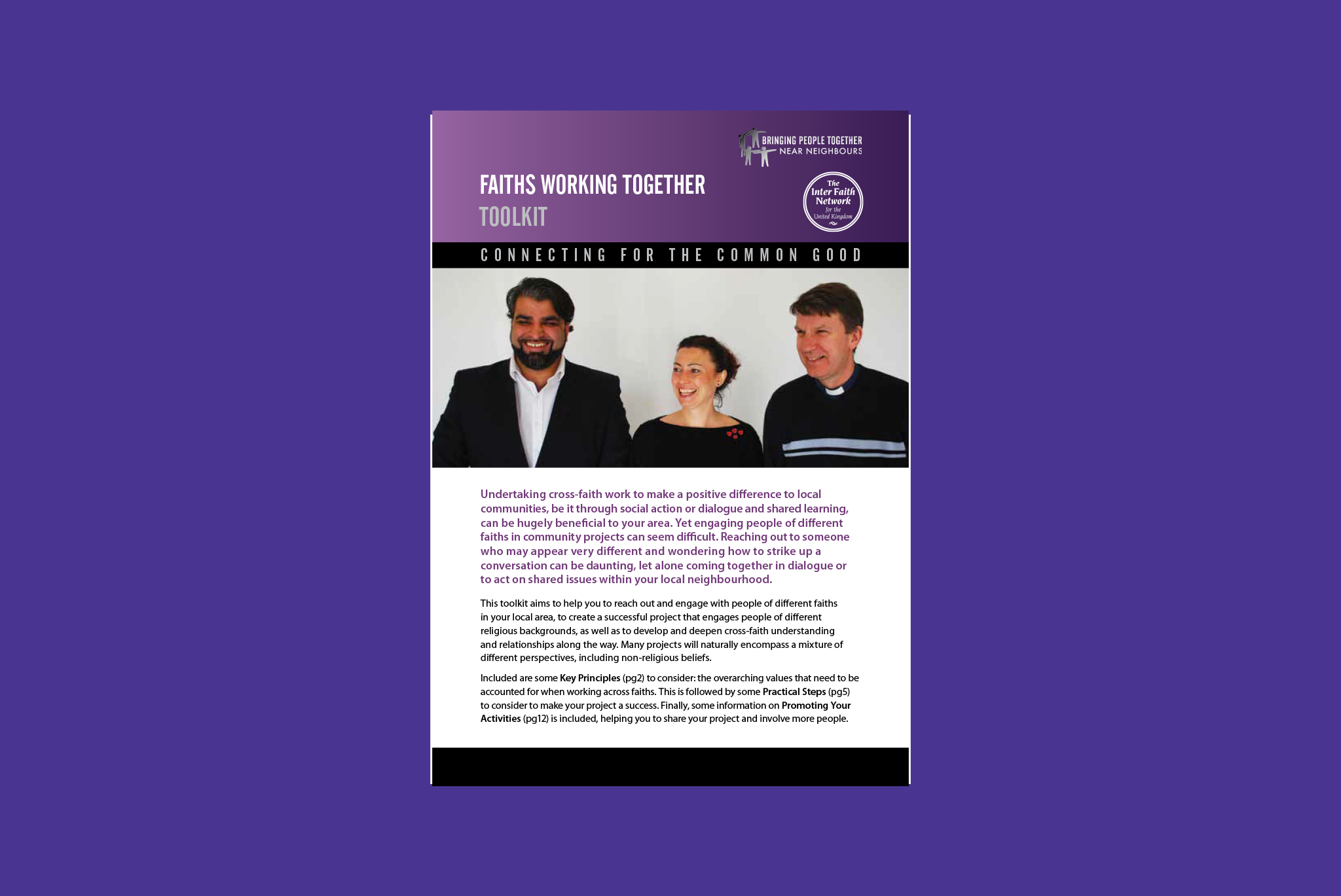
This Toolkit has been produced by Near Neighbours and the Inter Faith Network. It aims to help organisations and individuals reach out to people of different faiths, and to create successful projects that engage people from different religious backgrounds.
This report is a culmination of a two-year study that considers the place and role of religion and belief in contemporary Britain and the significance of emerging trends and identities. The report makes a number of recommendations for public life and policy.
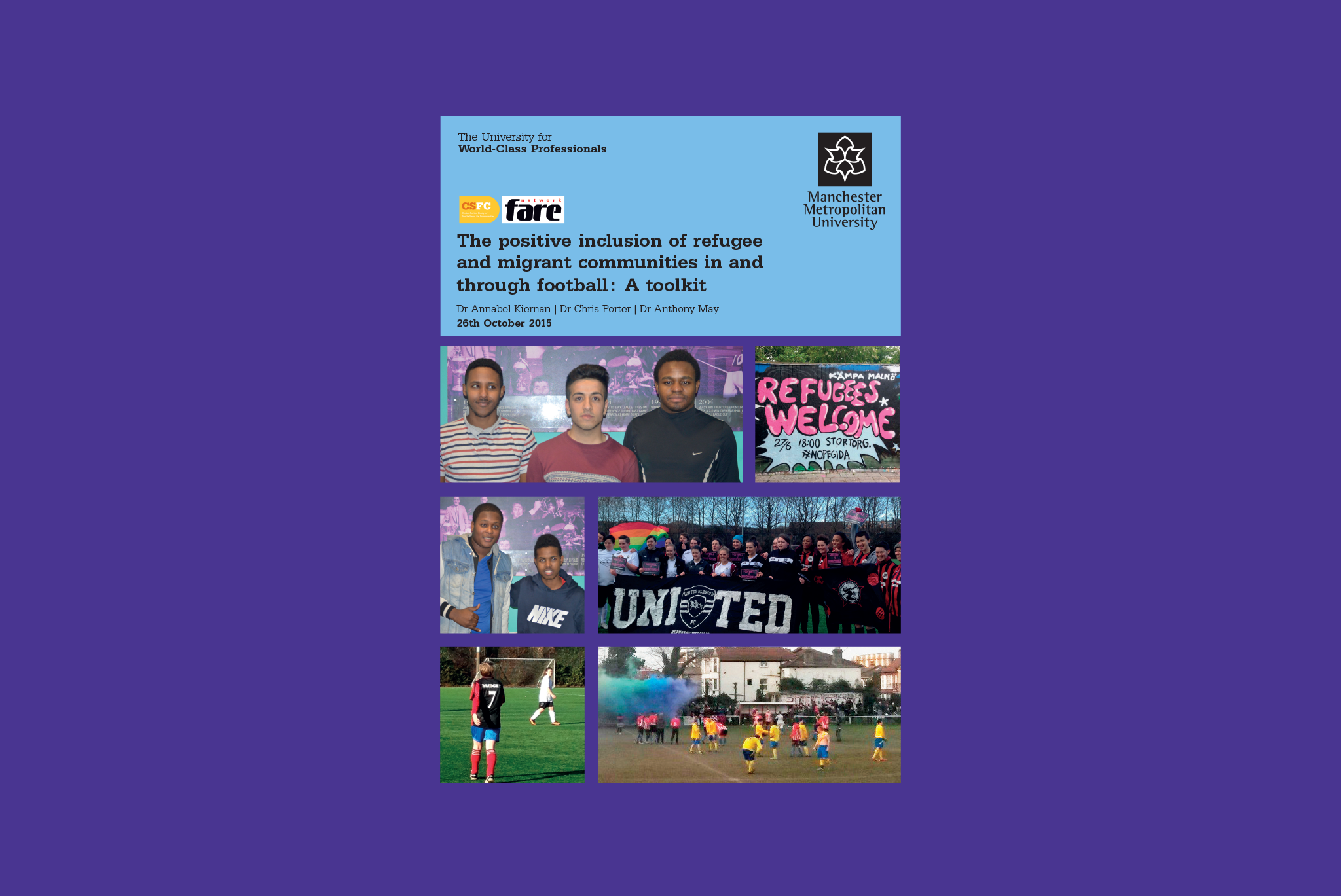
Produced by Manchester Metropolitan University’s ‘Centre for the study of Football and its Communities’, this Toolkit provides an overview of good practice for using football to promote the inclusion of migrants, refugees, asylum seekers.